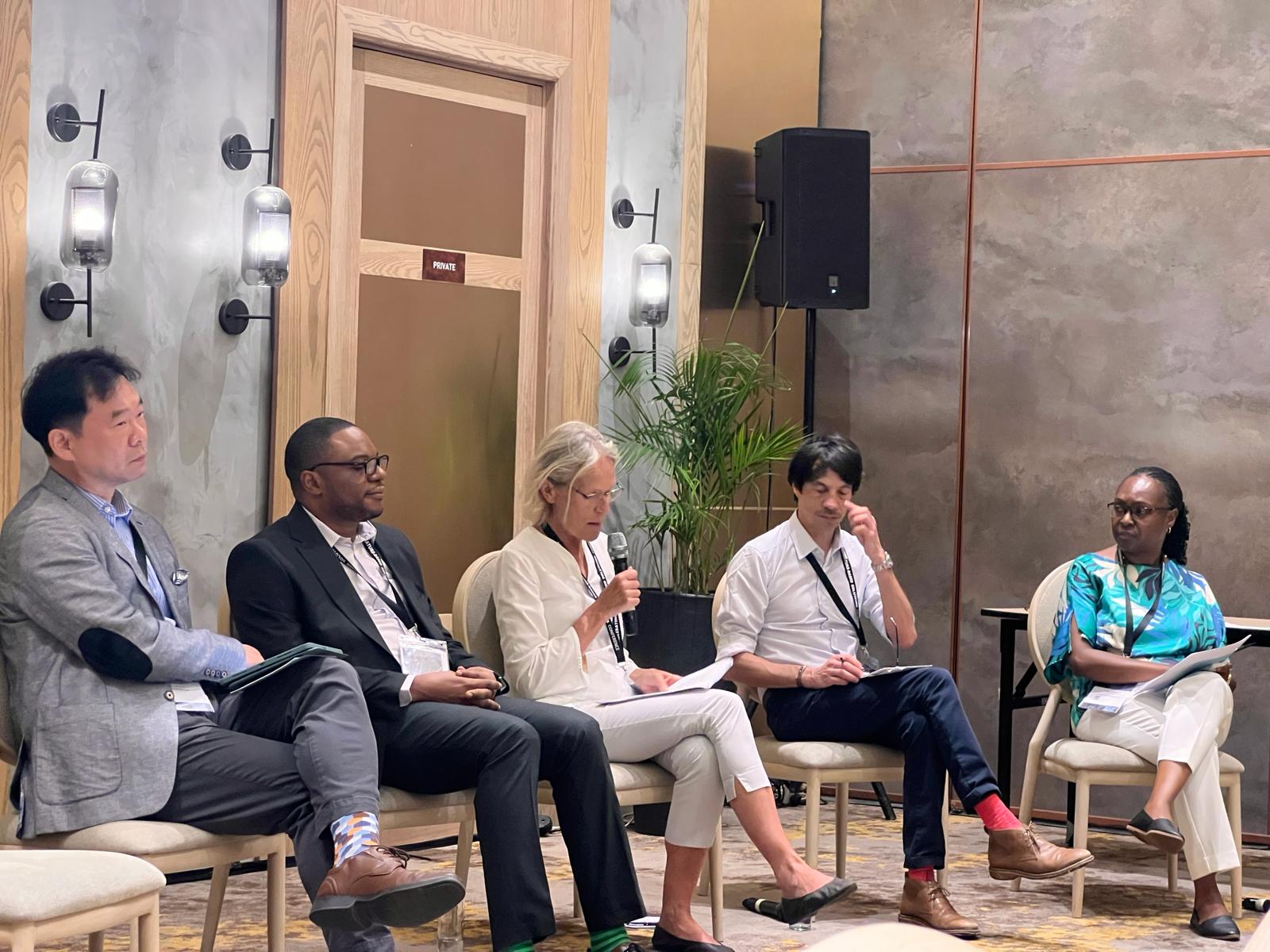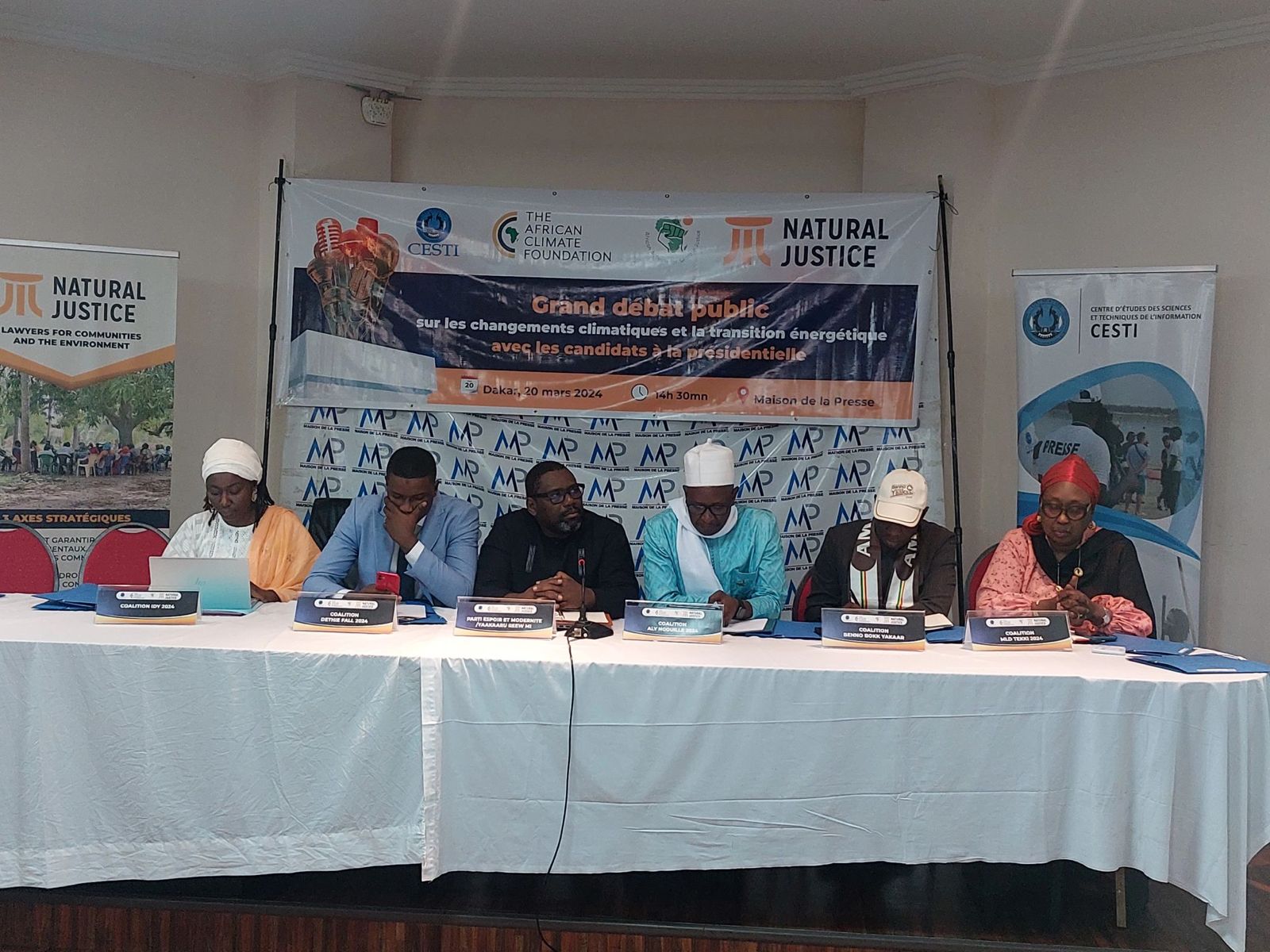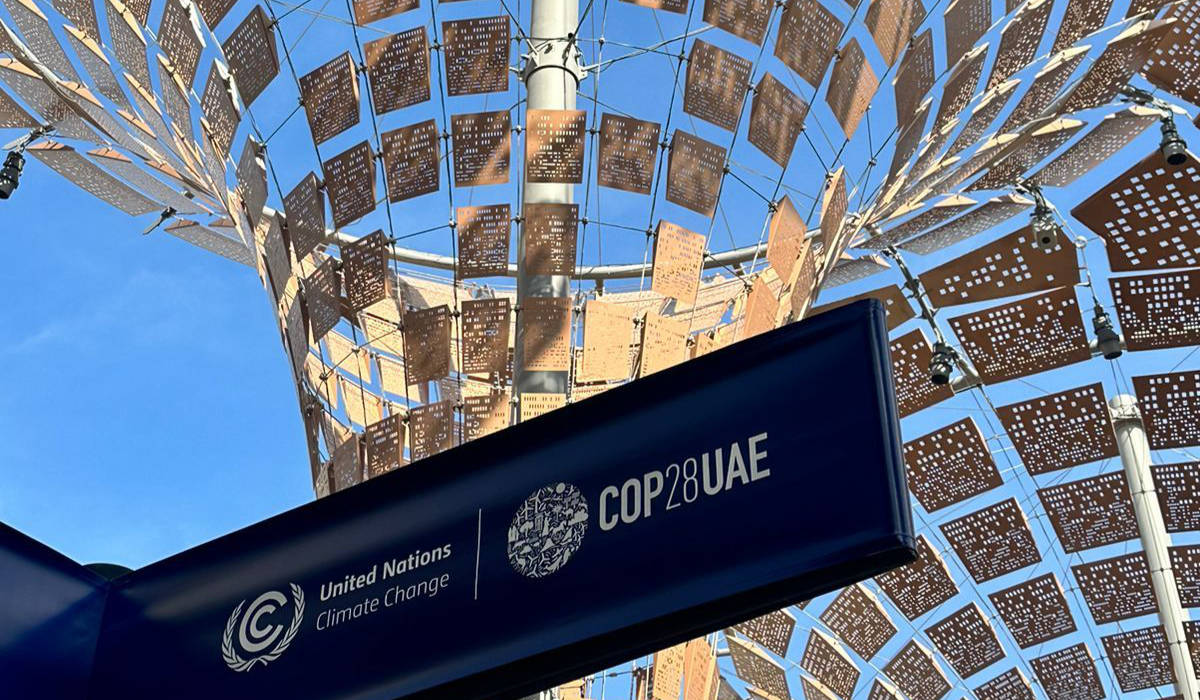On 17 January 2023 during Abu Dhabi Sustainability Week, Sustainable Energy for All (SEforALL), the African Climate Foundation, Bloomberg Philanthropies, ClimateWorks Foundation and the Chinese Renewable Energy Industries Association (CREIA) launched the Africa Renewable Energy Manufacturing Initiative (AREMI) to drive investment and mobilise action in African countries to scale up renewable energy manufacturing capabilities. With a remarkable 1.2 terawatts of energy potential, 14 million new jobs, and 6.4% growth in GDP in Africa available under a green transition scenario, this new international initiative will help drive the financial, technical, and socioeconomic investments required to advance clean energy development and transition in Africa.
Home to 60% of the world’s best solar resources, Africa has the potential to become a global green manufacturing hub with expected growth in solar photovoltaics (PV) to 650 gigawatts by 2050. As African nations make progress on energy development and transition, it is increasingly critical to establish local supply chains and talent to ensure the socio-economic benefits of renewable energy and sustainable development accrue locally.
AREMI will focus on capacity building, knowledge transfer, policy dialogues, and advocacy, as well as enabling pilot projects that drive low-emission development and carbon neutrality in Africa through four key programmes:
- Enable a best-in-class business environment and drive market demand: Partner with African government officials to accelerate and bolster their policymaking for green manufacturing through policy awareness, leadership development, and advocacy.
- Build Africa’s green manufacturing workforce: Scale training, employment, and career development opportunities for engineers and technicians in Africa through support for technical schools, online courses, and worker exchange.
- Attract green manufacturers to Africa: Help build granular business cases, identify optimal operating models, support tailored advocacy and policy negotiations, and scale green capacity investment and best practice partnerships to provide mature green manufacturers with better access to consulting and financing services and cultivate a robust green manufacturing ecosystem.
- Incubate African green manufacturing projects and policies: Provide end-to-end grant support for green manufacturing projects in Africa, from planning and financing to operations and sale of projects.
South-South cooperation is one of AREMI’s key strategic components, leveraging the timely and unique opportunity to ramp up energy capacity and production in Africa and shrink the energy access deficit through international partnerships. Global South countries are natural partners for Africa, given similar development needs and policy pathways, and many – such as China, India, and ASEAN countries – are already major green manufacturing players and investors, making them ideal partners for African countries. AREMI will bring together governments in Africa and the Global South, as well as key decision makers across the renewable energy industry, businesses, academia, and research institutions to champion renewable energy as a key anchor for both economic growth and sustainable development goals across the continent.
In conjunction with the launch of AREMI, SEforALL released a new report – Africa Renewable Energy Manufacturing: Opportunity and Advancement – supported by the African Climate Foundation, Bloomberg Philanthropies, and ClimateWorks Foundation.
The report analyses Africa’s renewable energy manufacturing landscape highlights pathways to accelerate a homegrown renewable energy industry and provides a roadmap to help bridge the gaps and achieve a just, equitable, and green energy transition in Africa. Drawing on multiple sources, including economic analysis from McKinsey & Company, SEforALL’s analysis identified an initial first wave of eight countries – Algeria, Egypt, Ghana, Morocco, Namibia, South Africa, Tanzania and Tunisia – that have medium or high feasibility to localise solar or battery storage manufacturing capacities and build the tools and incentives to favourably increase investment opportunities. The report also outlines existing barriers to finance and identifies policy areas for countries to act on to attract foreign investment.
“The legitimacy of climate investment can be measured by the extent to which it seeks to ensure inclusivity and address unemployment and poverty,” says Saliem Fakir, Executive Director of the African Climate Foundation.
“By working with intergovernmental agencies, enterprises, financial institutions, and research institutions, the Africa Renewable Energy Manufacturing Initiative will capitalise on Africa’s growing economy and population while laying a solid foundation for sustainable economic growth and renewable energy production throughout the continent.
Gain further insight here.



